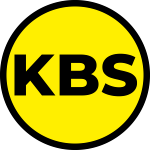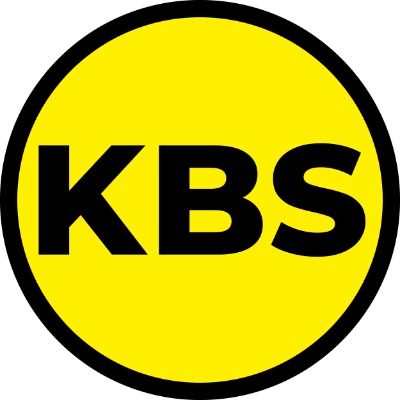The deadline for your self-assessment tax return is fast approaching on 31 January. It can get stressful, but don’t let it get you down.
There are plenty of reasons you should get yours done as soon as you can – peace of mind, time for accuracy checking, getting your tax bill early to make a payment plan, and so on.
But if you’re going to get your tax return done as quickly and easily as possible, you should have everything laid out in front of you first. Here’s our admin list to help you get your return done ahead of time.
Income
The most obvious place to start with your self-assessment tax return is your income, which, depending on your situation, might be made up of multiple sources.
Employment
For all employment held during the tax year, you should have either a P60 or P45. Both detail your taxable income and tax deductions for the year. The difference is that your P60 also provides student loan deductions, if these are relevant to you. So, if you’re using a P45, you’ll also need to provide your payslips.
If you have received taxable benefits during the year that aren’t on your payslip, your employer should also provide you with a P11D to report taxable benefits provided to you that were not taxed on your payslip.
Rental property
If you receive income from rental property, you will need the following documentation:
- Details of the property being let, including date purchased, price, legal fees and other costs on purchase. Information on mortgage, refurbishments, expected current value, history of dates the property was lived in and let out, and whether it is furnished is also required.
- Rental receipts during the tax year with management fees paid split out separately.
- Details of all expenditure on the rental property.
- Mortgage statement showing the capital/interest repayment split for the property.
- Selling date, selling price, legal fees and other costs on sale if you sold the property in the tax year.
Sole traders
If you own a business as a sole trader, you will need to account for all your income and expenses on your tax return. If you struggle this tax year with this, it might be time to outsource your bookkeeping.
Other income
You will also need information on other sources of income for your tax return, including:
- dividends
- pensions (state and private)
- state benefits (jobseeker’s allowance and maternity allowance)
- capital gains (if you sold any shares or assets in the tax year)
- bank interest
- foreign income.
If you have any other sources of income, check with us to see if you need to include it on your tax return.
Reliefs
Job expenses
If you personally pay for expenses related to your employment, you may be able to claim additional tax relief, including mileage, uniform and professional subscriptions.
To claim, you will need proof of payment (invoice and/or bank statement). For mileage, you will need the number of business miles you travelled and the rate at which your employer reimbursed you.
Pension contributions
If you contribute to a personal pension scheme and want to claim additional tax relief, you will need to provide the name of your provider, your membership number, the amounts and dates of the contributions, and your annual pension statement.
Charitable giving
You can also claim additional tax relief for charitable giving if you are a higher-rate taxpayer. To do so, you need the charity name, donation date and amount, and confirmation of whether gift aid was claimed.
Let us give you a hand
The information you’ve just read is by no means an exhaustive list of everything someone could possibly need to include on their tax return. Unfortunately, every other guide to tax returns is going to suffer from the same problem, because there’s just so much to include.
That’s why you should consider seeking the help of an accountant for your tax return, especially if you’re a sole trader, partnership or high earner with lots of sources of income.
If you outsource your tax return to us, we’ll still need to ask you to provide some of the information we’ve talked about in this blog, but at least you won’t have to worry about whether everything is added – that would be up to us!
Give us a call to see if we can fit your self-assessment tax return into our schedule.

